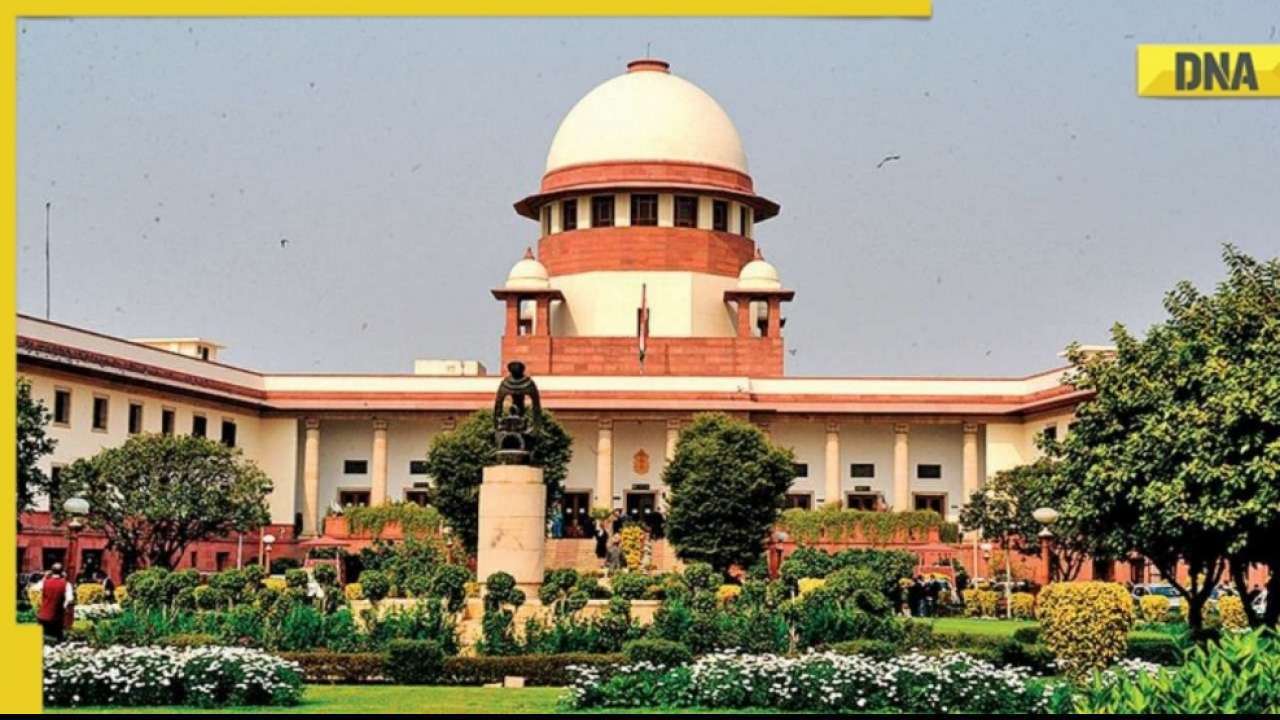
The Supreme Court on Tuesday began hearing arguments on whether the whether the Constitution (One Hundred and Third Amendment) Act, which introduced a 10 per cent quota for Economically Weaker Sections (EWS) in government jobs and admissions, violates the basic structure of the Constitution by allowing the state to make such special provisions.
Presenting arguments in court on Tuesday, acclaimed academician Professor Dr Mohan Gopal, on behalf of the petitioners said: “The 103rd amendment is a fraud on the Constitution. The ground-level reality is that it is dividing the country along caste lines.”
“It will change the identity of the Constitution in the minds of people as something which protects the privileged rather than the weak,” he added.
The Supreme Court on Tuesday began hearing arguments on whether the whether the Constitution (One Hundred and Third Amendment) Act, which introduced a 10 per cent quota for Economically Weaker Sections (EWS) in government jobs and admissions, violates the basic structure of the Constitution by allowing the state to make such special provisions.
Presenting arguments in court on Tuesday, acclaimed academician Professor Dr Mohan Gopal, on behalf of the petitioners said: “The 103rd amendment is a fraud on the Constitution. The ground-level reality is that it is dividing the country along caste lines.”
“It will change the identity of the Constitution in the minds of people as something which protects the privileged rather than the weak,” he added.
Presenting his arguments before a Constitution Bench comprising Chief Justice of India U U Lalit and Justices Dinesh maheshwari, S Ravindra Bhat, Bela M Trivedi and JB Pardiwala, Dr Gopal submitted that the EWS quota excludes socially and educationally backward classes and confines the benefits only to the “forward classes”. He also stated that the quota results in violation of the principles of equality and social justice and amounts to infringing the basic structure of the Constitution.
Attorney General (AG) K.K. Venugopal suggested some key issues -- whether the 103rd Constitutional amendment can be said to breach the basic structure of the Constitution by permitting the state to make special provisions, including reservation, based on economic criteria?
Whether the 103rd Constitution amendment can be said to breach the basic structure of the Constitution by permitting the state to make special provisions in relation to admission to private unaided institutions?
And, can the amendment be said to breach the basic structure of the Constitution also in excluding the SEBCS/OBCs/SCs/STs from the scope of EWS reservation?
A five-judge Constitution bench headed by Chief Justice U.U. Lalit said the three issues suggested by the AG broadly covered all the aspects raised in the petitions challenging the Constitutional validity of the 103rd Constitutional amendment.
The bench noted the issues framed by several counsels and then decided to take up the three questions framed by the AG as the core issues to be decided.
The bench scheduled the batch of pleas filed by the NGO `Janhit Abhiyan` and others for hearing from September 13.
Senior advocates P. Wilson, Sanjay Parikh and other counsels suggested their own issues for adjudication by the court.
Senior advocate Gopal Sankaranarayanan submitted that there are nearly 55 such issues, which were suggested by the counsels representing various parties in the matter.
The Centre had earlier told the apex court that a 10 per cent EWS quota was introduced to promote social equality by providing equal opportunities in higher education and employment to those who were excluded due to their economic status.
A three-judge bench of the apex court in August 2020 had referred the pleas questioning its validity to the Constitution bench.